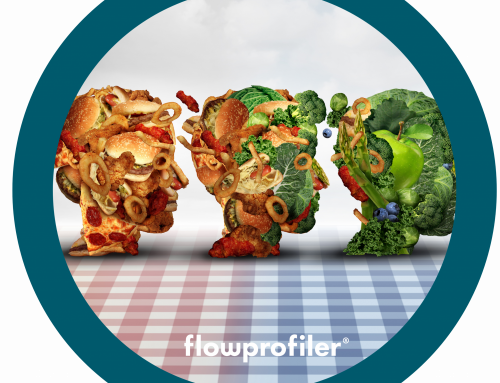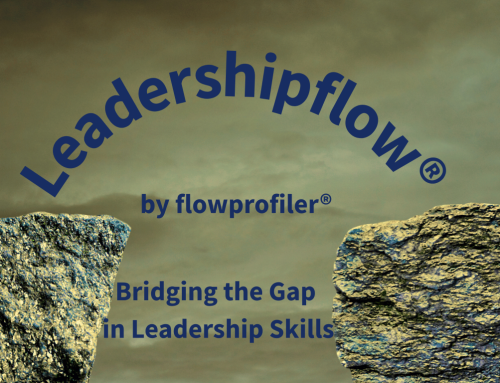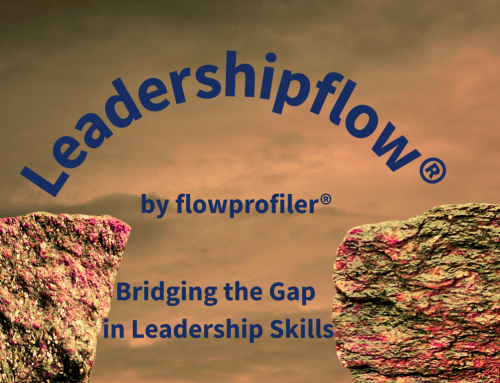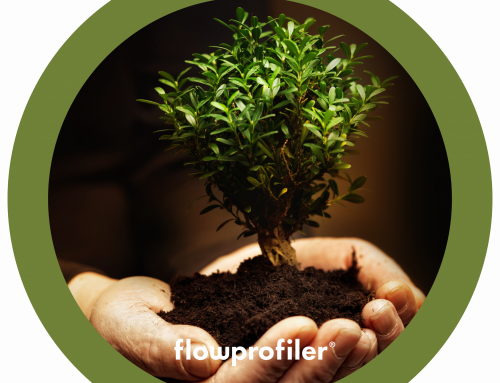Emotional intelligence is a key to how resilient a person might prove to be in the workplace. In fact, the very behaviours that demonstrate resilience at work rely primarily on whether or not an individual is able to demonstrate emotional intelligence. Both EQ and resilience are required so that we can face the challenges that working life brings, whether that be day-to-day or when under pressure.
or not an individual is able to demonstrate emotional intelligence. Both EQ and resilience are required so that we can face the challenges that working life brings, whether that be day-to-day or when under pressure.
Resilience: the capacity to recover quickly from difficulties; toughness. – The Oxford Dictionary
Two of the five key ingredients that demonstrate emotional intelligence in the workplace are a person’s ability to demonstrate emotional awareness and emotional regulation.
Emotional intelligence: the capacity to be aware of, control, and express one’s emotions, and to handle interpersonal relationships judiciously and empathetically. – Oxford Dictionary
Emotional Awareness
Emotional awareness in the workplace means that a person understands their own emotions. They are mindful of their actions and are approachable. Emotionally aware people are reflective and intuitive.
Self-awareness is a key component of resilience at work.
 If, for example you are finding paralysing inaction in your decision making it is worth reflecting on why you are behaving the way you are. Is it fear of the unknown? Is it an overwhelming sense of despair? Is it because your self-confidence has gone to near enough zero and you have no idea where to start? Articulating why you are behaving the way you will help you recover more quickly from the situation you are in.
If, for example you are finding paralysing inaction in your decision making it is worth reflecting on why you are behaving the way you are. Is it fear of the unknown? Is it an overwhelming sense of despair? Is it because your self-confidence has gone to near enough zero and you have no idea where to start? Articulating why you are behaving the way you will help you recover more quickly from the situation you are in.
Being aware of what you are feeling and why you are reacting this way will allow you to adapt and deal with the underlying challenge. It is worth mentioning that we are not advocating for navel gazing but rather results oriented behaviour that is proportional the situation you find yourself in.
Here are 3 tips to help develop your emotional awareness:
- Pause to reflect on how to interpret the situation. There will be many possible interpretations, settle on the best one, not the first.
- Consciously manage your ‘flow’ of thought. Slow your thinking down.

- Articulate your preferred outcome.
Having mastered the art of healthy emotional awareness then the focus turns to emotional regulation.
Emotional Regulation
Emotional regulation is the ability to regulate your behaviour and respond appropriately to any situation your work day may throw at you. It is the ability to remain composed under pressure and stay emotionally consistent.
Do you get frustrated when you are stressed? Have you ever taken it out on colleagues? Developing your emotional regulation will mitigate against the risk of you burning bridges or behaving in a way that you might later regret.
Here are 3 tips to help you develop your emotional regulation
- Choose your attitude. How do you want to represent yourself right now?
- What actions will get you the best possible outcome?
- If you are not in the right ‘frame of mind’ to respond, then don’t. Buy yourself some thinking time and take a walk.
The role of EQ in resilience
We have explored the role of awareness and regulation in the field of emotional intelligence. The mastery of these superpowers is what will help you build and develop your resilience in the workplace. For example, a healthy use of autonomy is a key behaviour in demonstrating resilience at work. Sometimes a work situation may demand that you stretch your autonomy to such a point it becomes stressful, and if not stressful for you then, almost certainly stressful for your colleagues who are trying to keep up with you and collaborate.
Without the ability to apply self-awareness and self-regulation you run the risk of alienating team members and isolating yourself. That may be a preference for many however the provocation is whether or not this is resilient behaviour for the team or workplace.
Like all intelligences and abilities emotional intelligence and resilience can be developed. Using a fit-for-purpose psychometric assessment will help identify a place to start. Occupational psychometrics provide you with clear measurement, objective feedback and the results are tailored to the individual.
They also help the employer walk the line of efficacy (clinical versus occupational interventions).
The flowprofiler® family of psychometric assessments is full of reports to help individuals and teams develop awareness and regulation strategies. We measure 18 dimensions of resilience, motivation, emotional and social intelligence.

eqflow® measures 5 dimensions of emotional and social intelligence both day-to-day and under pressure.

resilienceflow® measures 6 dimensions of resilience both day-to-day and under pressure.

motivationflow® measures 6 dimensions of resilience both day-to-day and under pressure.
We are here and happy to help. info@chalmersinternational.com




